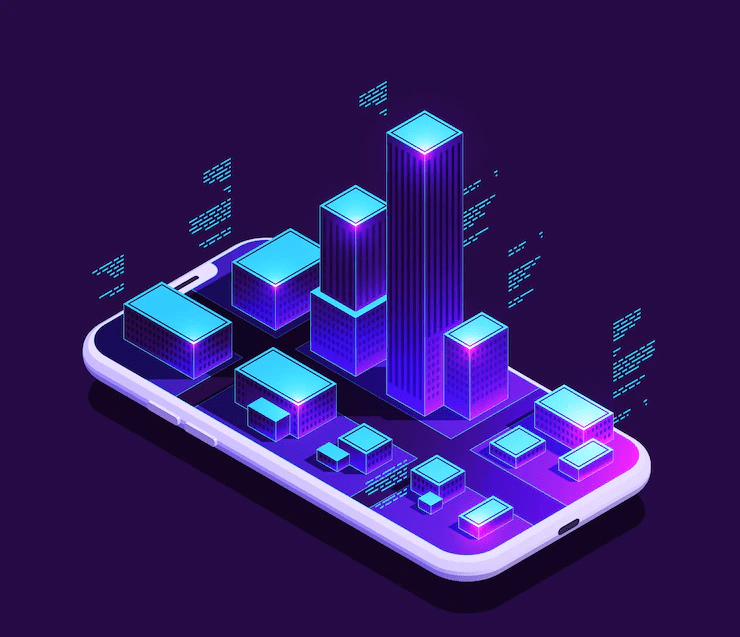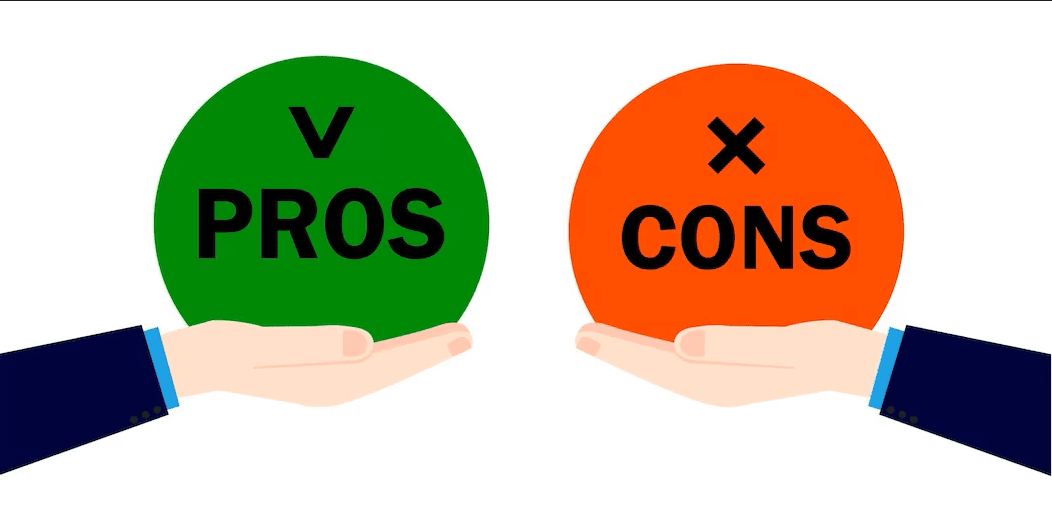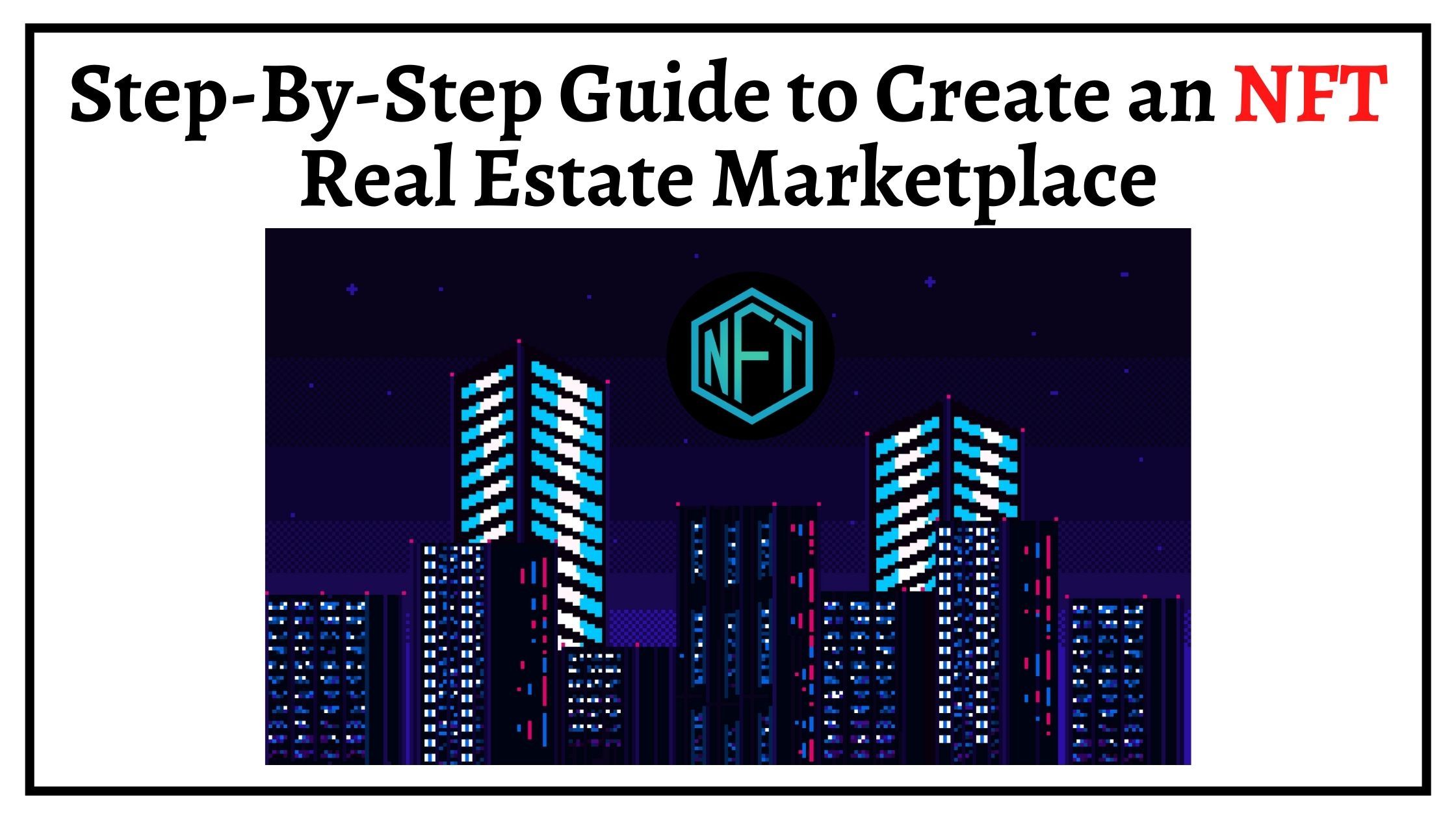In recent years, the intersection of blockchain technology and real estate has given rise to a groundbreaking concept: real estate NFTs (non-fungible tokens). This innovation is fundamentally reshaping how we approach property ownership, transactions, and investment strategies. Real estate NFTs promise enhanced security, transparency, and accessibility, significantly altering the landscape of property transactions. In this article, we will delve deeply into the concept of real estate NFTs, exploring their features, benefits, and the transformative impact they are having on the real estate industry.
What is a Real Estate NFT?
A real estate NFT is a unique digital token that represents ownership or a stake in a physical property on a blockchain. Unlike traditional cryptocurrencies, which are fungible and can be exchanged one-for-one, NFTs are distinct. Each real estate NFT carries specific metadata that links it to a particular property, including its legal description, ownership history, and any associated rights. This uniqueness is a core feature of NFTs, allowing them to serve as digital certificates of ownership.
By leveraging blockchain technology, real estate NFTs provide a verifiable record of ownership that is immutable and tamper-proof. This ensures that once a property is tokenized, the ownership details are securely recorded and cannot be altered. As a result, real estate NFTs create a new level of trust and efficiency in the real estate market.

Features and Benefits of Real Estate NFTs
Improve Security and Transparency in the Industry
One of the most significant advantages of real estate NFTs is their capacity to enhance security. Traditional real estate transactions often involve extensive paperwork, which can be susceptible to errors and fraud. In contrast, real estate NFTs are recorded on a blockchain, creating a secure, decentralized ledger of ownership. This decentralized approach ensures that all transaction records are transparent and easily verifiable by all parties involved.
Furthermore, blockchain technology minimizes the risk of unauthorized access or alteration of property records. Each transaction is cryptographically secured and time-stamped, providing a clear and unchangeable audit trail. This increased transparency helps foster trust between buyers, sellers, and investors, which is essential for a thriving real estate market.
Fractional Ownership
Real estate NFTs enable fractional ownership, allowing multiple investors to own a share of a single property. This innovative approach opens up investment opportunities for individuals who may not have the capital to purchase an entire property. Fractional ownership diversifies investment portfolios, as investors can spread their capital across multiple properties instead of concentrating it in one.
For instance, an expensive commercial property can be tokenized into multiple NFTs, each representing a fraction of ownership. This democratization of real estate investment encourages broader participation in the market, allowing a more diverse group of investors to engage with real estate assets. Consequently, the barriers to entry are lowered, enabling individuals to invest in high-value assets they might otherwise have been unable to afford.
Global Accessibility
The global nature of blockchain technology means that real estate NFTs can be accessed and traded from anywhere in the world. Investors no longer need to navigate complex legal systems or deal with local intermediaries to invest in foreign properties. This opens the door for cross-border investments and enables a more diverse range of investors to participate in real estate markets.
Moreover, the ability to trade real estate NFTs on online marketplaces reduces geographical barriers, allowing investors to access a global pool of properties. This global reach not only increases the market size for property sellers but also provides investors with a broader range of investment opportunities, enhancing the overall market’s liquidity.

Programmable Contracts
Real estate NFTs can be linked to programmable smart contracts, which automate and enforce the terms of a transaction. Smart contracts are self-executing contracts with the terms of the agreement directly written into code. They execute predefined actions when specific conditions are met, eliminating the need for intermediaries such as brokers or escrow services.
For example, a smart contract can be programmed to transfer ownership of a property NFT once the purchase price is paid. This streamlines the transaction process, reducing the time and costs associated with real estate deals. Additionally, smart contracts can include stipulations for rental agreements, maintenance responsibilities, and profit-sharing arrangements, making them versatile tools for managing property investments.
Immutable Ownership Records
The blockchain provides an immutable record of ownership, meaning that once a real estate NFT is created and linked to a property, the ownership record cannot be altered or deleted. This permanence enhances trust among buyers and sellers, as they can verify ownership history and ensure there are no liens or claims against the property.
In contrast to traditional property registries, which can be vulnerable to errors and fraud, blockchain-based ownership records are transparent and tamper-proof. This not only simplifies the due diligence process for potential buyers but also reduces the risk of disputes arising from unclear ownership histories.
How Does Real Estate NFT Work and Transform Property Transactions?
The process of creating and transacting real estate NFTs involves several key steps:
- Tokenization: The first step is tokenization, where a property is converted into a digital NFT. This process involves uploading the property’s legal information, ownership details, and any other relevant data to the blockchain. Tokenization effectively creates a digital twin of the property, which can be bought, sold, or traded.
- Smart Contract Creation: Once the property is tokenized, a smart contract is created to govern the terms of the sale. This contract can include payment terms, conditions for ownership transfer, and any other stipulations agreed upon by the parties involved. Smart contracts ensure that all terms are automatically executed, reducing the risk of human error or misunderstanding.
- Listing on Marketplaces: After tokenization and smart contract creation, the real estate NFT can be listed on various online marketplaces. These platforms allow potential buyers to view and purchase the NFT, often including features that facilitate communication between buyers and sellers.
- Transaction Execution: When a buyer decides to purchase the NFT, the smart contract is executed. The payment is processed, and ownership of the NFT is transferred to the buyer, reflecting their ownership of the associated property. This process eliminates the need for intermediaries, making transactions faster and more efficient.
- Immutable Record: The transaction is recorded on the blockchain, ensuring an immutable and transparent history of ownership. This record can be accessed by anyone, providing a level of assurance and security that is difficult to achieve in traditional real estate transactions.

This transformation simplifies the buying and selling process, reduces transaction costs, and minimizes the time required to complete property transactions. As the real estate market increasingly adopts these practices, we can expect to see significant changes in how properties are bought and sold.
Pros and Cons of Real Estate NFTs
Pros
- Enhanced Security: The use of blockchain technology provides a secure method for recording ownership and transactions, significantly reducing the risk of fraud. Each transaction is cryptographically secured, ensuring that data integrity is maintained.
- Greater Transparency: All transactions and ownership records are publicly accessible, fostering trust among buyers and sellers. The transparent nature of blockchain records makes it easier for stakeholders to verify ownership histories and the legitimacy of transactions.
- Fractional Ownership: Investors can purchase fractions of properties, lowering the barrier to entry and increasing access to real estate investment. This democratization of investment opportunities enables a wider range of individuals to participate in the market.
- Efficiency: Automated processes through smart contracts streamline transactions, reducing the need for intermediaries and speeding up the buying and selling process. This efficiency translates to lower transaction costs and quicker closing times.
- Global Reach: Investors can access a broader range of properties without geographical limitations. The ability to trade real estate NFTs on online marketplaces enhances liquidity and opens up new investment opportunities.

Cons
- Regulatory Challenges: The legal status of real estate NFTs is still evolving, and regulatory uncertainty may pose risks for investors. Different jurisdictions have varying regulations regarding the use of blockchain and NFTs, creating potential compliance challenges.
- Market Volatility: The value of real estate NFTs can fluctuate significantly, depending on market conditions and demand. Investors may face risks similar to those in traditional real estate markets, such as economic downturns impacting property values.
- Technical Barriers: Investors may face challenges in understanding blockchain technology and navigating NFT marketplaces. A lack of familiarity with the technology could hinder participation, especially among less tech-savvy individuals.
- Liquidity Concerns: While the market is growing, it may not yet have the liquidity of traditional real estate markets, making it harder to sell NFTs quickly. Investors should be prepared for potential delays in finding buyers for their NFTs.
- Potential for Scams: As with any emerging technology, there is a risk of scams and fraudulent projects, highlighting the need for due diligence. Investors should conduct thorough research and vet any platform or project before investing.
How to Create Your Own Real Estate NFT Marketplace

Creating a real estate NFT marketplace involves several steps, each requiring careful planning and execution:
- Research and Planning: Start by understanding the market demand, target audience, and regulatory requirements in your region. Conduct thorough market research to identify gaps and opportunities. Plan the features and functionalities you want to offer on your platform, such as user profiles, property listings, payment systems, and community engagement tools.
- Choose a Blockchain: Select a blockchain that supports NFTs, such as Ethereum, Binance Smart Chain, or Solana. Consider factors like transaction fees, speed, and community support when making your choice. The selected blockchain will impact the scalability and performance of your marketplace.
- Develop the Platform: Build the marketplace using appropriate technologies. This includes front-end development for user interfaces and back-end development for smart contracts and blockchain interactions. Focus on creating a user-friendly experience that simplifies property listings, searches, and transactions.
- Implement Security Measures: Ensure robust security protocols to protect user data and transactions. This includes encryption, secure wallets, and compliance with regulations. Regularly audit your platform for vulnerabilities to safeguard against potential cyber threats.
- Launch and Market: Once your platform is ready, launch it and implement a marketing strategy to attract users and property listings. Utilize social media, search engine optimization (SEO), and partnerships with real estate professionals to drive traffic to your marketplace.
- Community Building: Foster a community around your marketplace by engaging with users, providing educational resources, and hosting events. Building a loyal user base is essential for long-term success.
- Continuous Improvement: Gather user feedback and continuously improve your platform to enhance user experience and add new features. Stay updated on technological advancements and market trends to keep your marketplace competitive.
Top 10 Real Estate NFT Marketplaces & Projects to Watch Out For

- RealT: RealT allows fractional ownership of real estate through tokenization, enabling investors to earn rental income and participate in property appreciation. It features a user-friendly platform and offers a diverse portfolio of properties.
- Propy: Propy facilitates cross-border real estate transactions using blockchain technology, offering an end-to-end solution for buyers and sellers. The platform streamlines the process of buying and selling properties across different countries.
- Myco: Focused on sustainable real estate, Myco enables users to invest in eco-friendly properties through NFTs. The platform promotes environmentally responsible investments, appealing to socially conscious investors.
- MintHouse: MintHouse allows property owners to create and sell NFTs representing their properties, simplifying the sales process. The platform empowers sellers to take control of their listings and reach a global audience.
- Property Vault: Property Vault focuses on providing fractional ownership opportunities in commercial real estate. The platform aims to make investing in commercial properties more accessible to a broader range of investors.
- Nifty Gateway: While primarily an NFT marketplace, Nifty Gateway has expanded into real estate by partnering with developers to offer tokenized properties. The platform combines the excitement of NFTs with real estate investments.
- Zillow: The well-known real estate platform has explored integrating NFTs into its offerings, enhancing property listings with blockchain technology. Zillow’s reputation and user base provide significant potential for NFT adoption.
- OpenSea: As one of the largest NFT marketplaces, OpenSea has begun to host real estate NFTs, providing a platform for users to buy and sell tokenized properties. Its extensive user base offers significant visibility for real estate NFTs.
- Tokenomy: Tokenomy focuses on tokenizing various asset classes, including real estate. The platform offers a diverse investment opportunity for users looking to explore different asset types through NFTs.
- Curate: Curate is an NFT marketplace that allows users to create, buy, and sell NFTs, including real estate assets. The platform’s focus on community and user engagement makes it an exciting player in the NFT space.
Conclusion
Real estate NFTs represent a groundbreaking shift in how we approach property ownership and transactions. By leveraging blockchain technology, they offer enhanced security, transparency, and accessibility, making real estate investment more democratic and efficient. While there are challenges and risks associated with this new paradigm, the benefits of real estate NFTs are undeniable.
As the market continues to evolve, we can expect to see more innovations and projects emerging, further transforming the landscape of real estate. For investors, property owners, and tech enthusiasts alike, staying informed about the developments in real estate NFTs will be crucial in navigating this exciting new frontier. The future of real estate is not just about owning property; it’s about owning a piece of the digital landscape, making real estate NFTs a pivotal part of that transformation.
Also read: CRYPTO GIVEAWAY SCAMS

